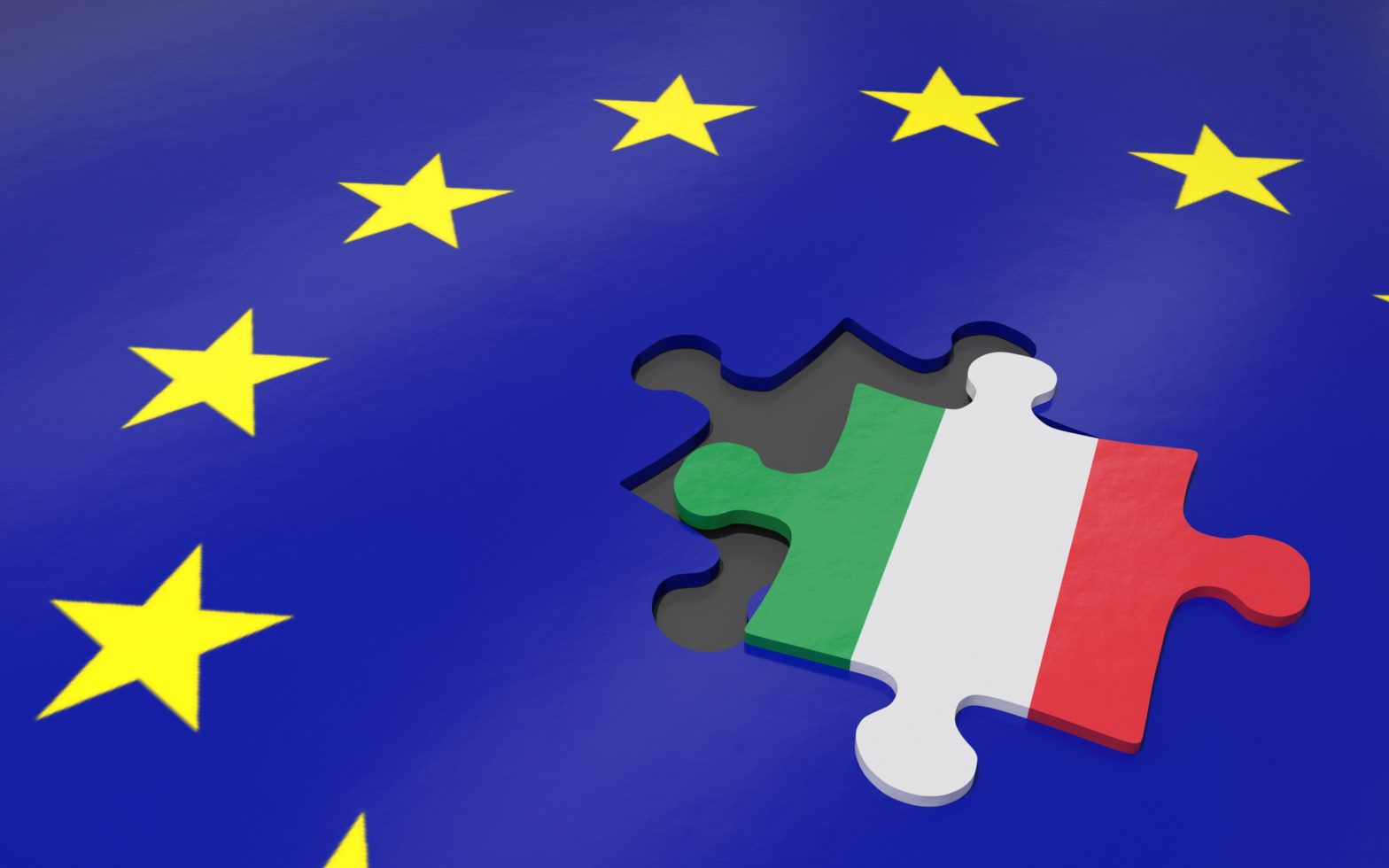Italian bonds have taken a hammering this week as markets fret over the political turmoil in Europe’s fourth largest economy with the 10-year spread to Germany now standing at 270 basis points.
The yield on 10-year Italian government bonds has risen about 70bpts this week and stood at 3.03% on Wednesday afternoon, according to Bloomberg data. Its highest rate for four years.

“Given the magnitude of the jump in Italian government bond yields over the last few days, we can really speak about a crisis,” said Fabrizio Quirighetti, co-head of multi-asset at SYZ Asset Management.
Italy has been without a government since elections in March because no political group can form a majority and markets are concerned that the turmoil could boost Eurosceptic parties and potentially imperil the eurozone. Many observers are now anticipating another general election later this year.
Market turbulence
The Italian crisis sparked a sell-off of in in bonds and equities across the world this week, although prices have since staged a modest recovery.
“The markets are reacting normally for a crisis, with safe-havens including German bunds, US treasuries, USD, CHF and JPY flying higher, while equities and credit are under pressure, especially if related more or less directly to Italy and Europe,” Quirighetti said.
Hermes senior economist Silvia Dall’Angelo said that financial markets are likely to focus on two main topics in the coming weeks: the sustainability of Italy’s large public debt (more than 130% of GDP) amidst promised fiscal largesse by the big winners in Italy’s March election – Five Star and The League – and, more crucially, the question of the euro membership.
“It is unlikely populist parties will harp on against the single currency (which still enjoys the support by a majority of the public opinion), but the genie is now out of the bottle and financial markets will monitor denomination risk closely,” Dall’Angelo said.
Quirighetti continued: “As in the situation with Greece a few years ago, it is key for markets and the future Italian government to know if a sufficiently large majority really wants to exit the euro. If not, the anti-EU rhetoric should be more muted and not have such a large impact on markets. If so, it would be fair to expect more trouble for Italian assets.
Spanish and Portuguese bonds
The global bond market sell-off – particularly southern European debt – has presented fresh opportunities in Spanish and Portuguese bonds, Quirighetti said.
“We believe the surge in other peripheral yields such as Spain or Portugal is to some extent overdone. European institutions now have tools such as the European Stability Mechanism and the ECB’s Outright Monetary Transactions to contain the contagion risks from Italy to other countries, as long as these countries “respect and comply” with the euro rules. The political commitment of these countries to the euro and European Union institutions remains strong,” he said.

“As far as Spain is concerned, we think the current political uncertainties, not at all related to any anti-euro sentiment, just arrived at a bad time. Yesterday morning [May 29] we added marginally to Spain five-year government bonds and Portugal 15-year government bonds in our EUR fixed income funds, where we have very low or little exposure to Italian government bonds, are neutral on Spain and overweight in Portugal.”

Italian fundamentals
David Zahn, head of European fixed Income, at Franklin Templeton said that despite the selloff in Italian bonds, the economic fundamentals remain unchanged.
“We believe Italy is still a relatively good value. Despite concerns around what the government will look like, we believe this is very country specific. If this was an existential risk and there was a real chance Italy was going to leave the EU, then Spain, France, Credit and the Euro would all be under pressure, but they are not,” he said.
“In our view, a lot of the market reaction has been driven by positioning as investors have capitulated out of Italian bonds, and we are now seeing a return to normality. This also means there will be a lot more volatility in Italian spreads, as well as European Fixed Income in general, because this situation now opens up the question of whether there will be reforms in Europe. A risk premium will now be built in, which is positive.”







